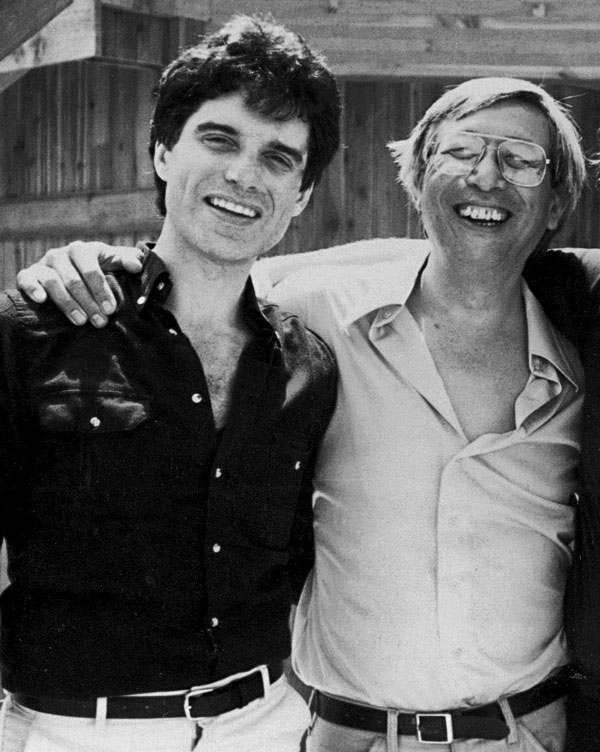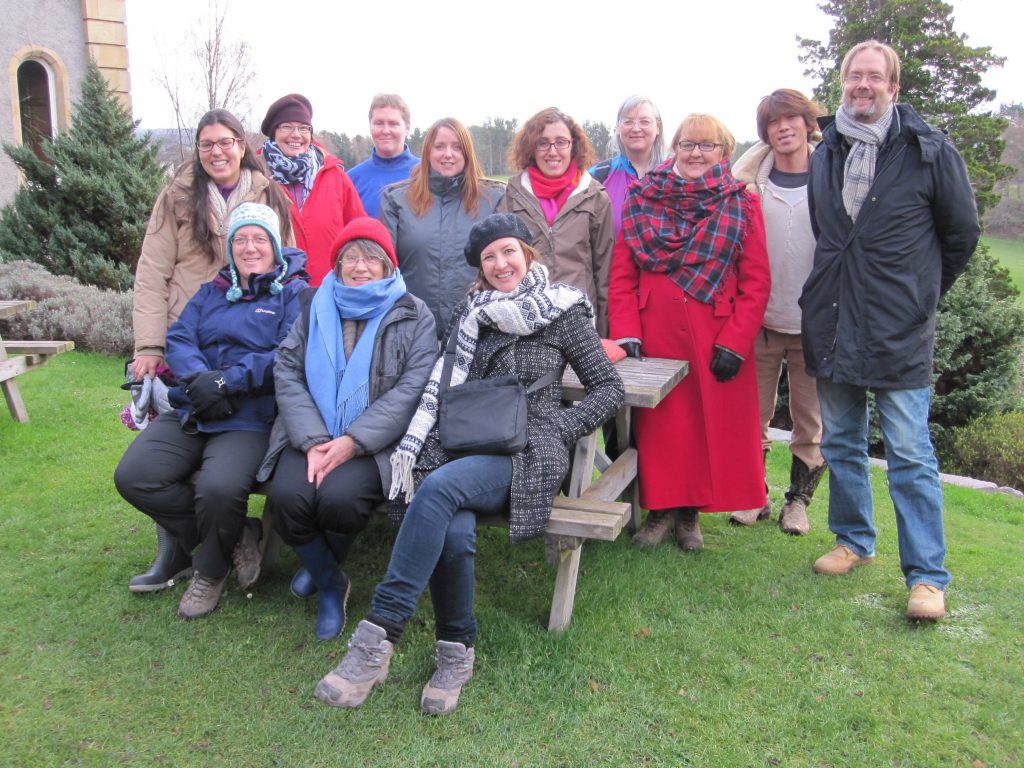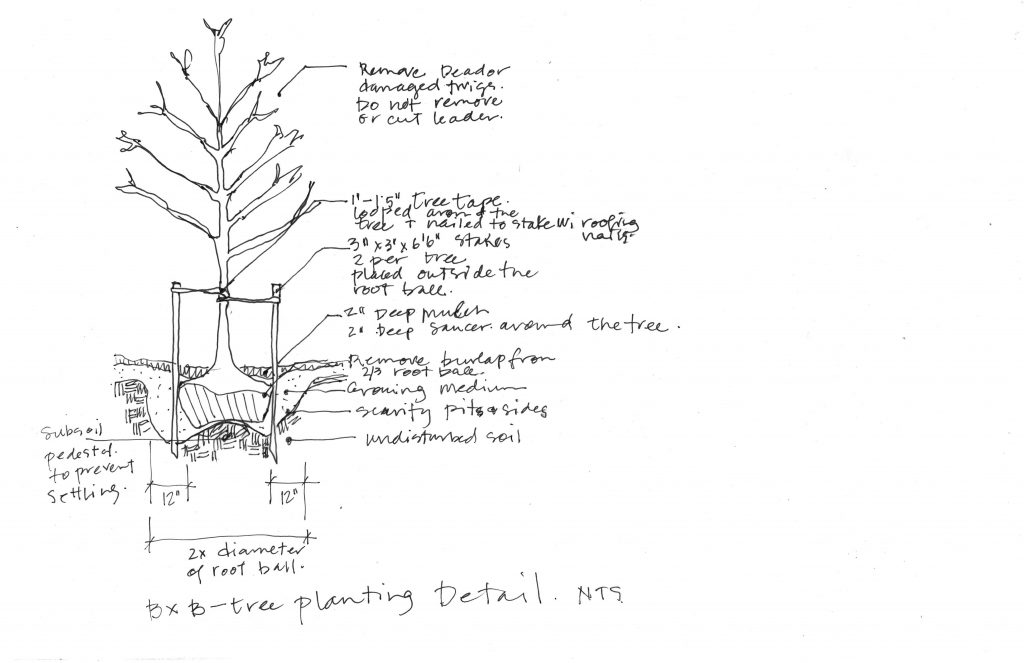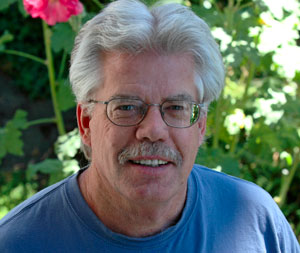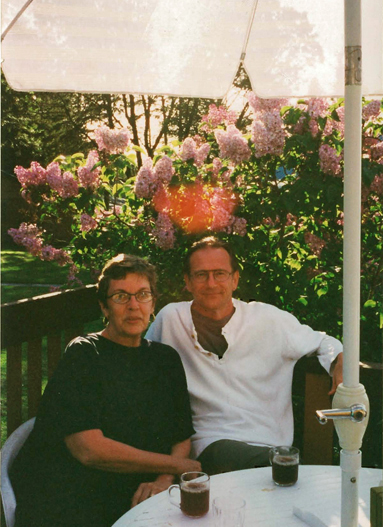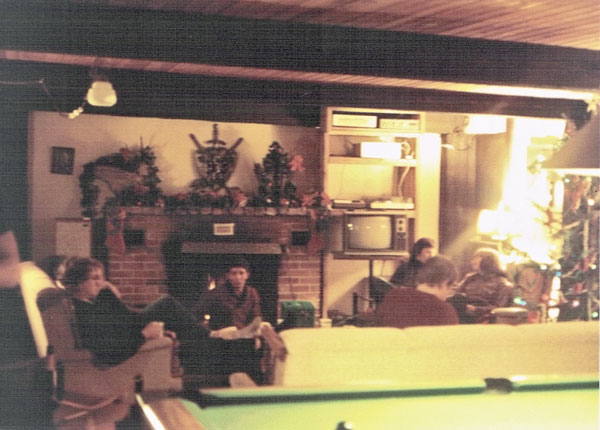The Relationship Project
By Jock McKeen and Bennet Wong
First published in 1996 and now in Joining: The Relationship Garden, available from The Haven, on Amazon, and for most e-Readers.
Over the years, we have been involved in a project of self-exploration together. In the spirit of the investigative seventies, we made an agreement with each other to explore intimacy together. By “intimacy” we mean knowing one another deeply, being revealed to one another; the Latin root of the word is intimus, meaning “inside.” From the beginning, we approached the whole endeavour as two scientists, interested in discovering as much as we could. Our ground rules were simple, but rigorous. We each agreed to grant access to the other; this meant that upon request, one person could ask “What are you thinking?” and the other would agree to tell as much as he knew at that time.
As well, we agreed to share our feelings, perceptions and judgments with each other, spontaneously, as soon as we could. Thus, there was no requirement for questioning; each person’s responsibility was to willingly offer the information, so that the other could be included in his world. At the beginning, Jock was not too good at this. He was ready to offer the bare facts; however, he did not realize that Ben wanted details! So, we began to distinguish between factual, cool reporting of editorialized summaries, and embodied revelations. What we wanted to share to go deeper was the experience – the thoughts, feelings, sensations and impressions of moment by moment. As trained scientists, this was a struggle for us, to move deeper, into the layers where we personally lived. We were moving from the objective world of reporting, into a realm where we needed to develop our language and communication to share the felt experience of our lives.
It was in this project that we developed and honed the Communication Model which is taught at The Haven. The ground rules are simple, but rigorous and stringent. Deception is the enemy of intimacy. Jock discovered that he was a liar – not by conscious intent, but certainly through a lifetime of trying to put on the most appropriate presentation to win the affection and approval of others. We were not practised at revelation; we were programmed to deceive, to withhold, to minimize, to deflect. In other words, we found that we had adopted many socially established programs that interfered with open communication. The Communication Model helped us to patiently work through this.
A significant attitude we took from the beginning was that there was no truth, no objective reality. We each had our own experiences, coloured by our past, and our built-up prejudices, and there was no “truth” outside of this. So we could share our perspectives without one having to be right or wrong. This helped to lay a structure to develop a relationship without blame, and with full responsibility by each party. Since neither person would be right or wrong, we would only be sharing viewpoints, perspectives; we did not have to decide who was “correct” in any circumstance. Hence, we avoided the legalistic structures in which most people become mired.
In this project, we found that most of what we had previously believed about loving, and relationships, and sex and intimacy simply were not so for us. We gradually built up a language to describe our experience together. We investigated further by comparing our results with the findings of many people who were around us. We talked openly with friends, colleagues and clients, with the intention of finding out what was so, rather than what was supposed to be so, or what other people said was so. We discovered many unexpected elements of relationships; these principles that we found have continued to hold up to scrutiny ever since.

